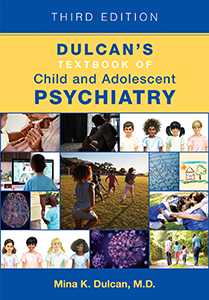Sections
Excerpt
Major transitions in family life pose significant challenges for child and family functioning and well-being. In this chapter, I provide a brief overview that places family transitional dilemmas in broad societal context. Normative and nonnormative family developmental transitions are examined, with focus on the effects of highly disruptive transitions due to death, divorce and stepfamily formation, immigration, multistress conditions, and foster care. Clinical guidelines are offered to buffer stresses and strengthen resilience in youth and their families to enhance adaptation.
Access content
To read the fulltext, please use one of the options below to sign in or purchase access.- Personal login
- Institutional Login
- Sign in via OpenAthens
- Register for access
-
Please login/register if you wish to pair your device and check access availability.
Not a subscriber?
PsychiatryOnline subscription options offer access to the DSM-5 library, books, journals, CME, and patient resources. This all-in-one virtual library provides psychiatrists and mental health professionals with key resources for diagnosis, treatment, research, and professional development.
Need more help? PsychiatryOnline Customer Service may be reached by emailing [email protected] or by calling 800-368-5777 (in the U.S.) or 703-907-7322 (outside the U.S.).



